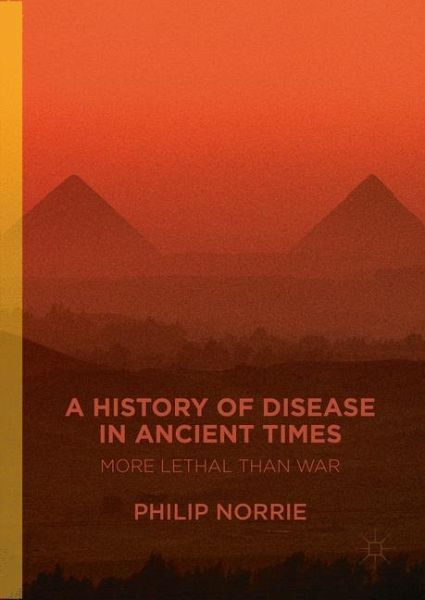
A History of Disease in Ancient Times
More Lethal than War
Versandkostenfrei!
Versandfertig in 6-10 Tagen
98,99 €
inkl. MwSt.
Weitere Ausgaben:

PAYBACK Punkte
49 °P sammeln!
This book shows how bubonic plague and smallpox helpedend the Hittite Empire, the Bronze Age in the Near East and later theCarthaginian Empire. The book will examine all the possible infectious diseasespresent in ancient times and show that life was a daily struggle for survivaleither avoiding or fighting against these infectious disease epidemics. Thebook will argue that infectious disease epidemics are a critical link in thechain of causation for the demise of most civilizations in the ancient worldand that ancient historians should no longer ignore them, as is currently thecase.












